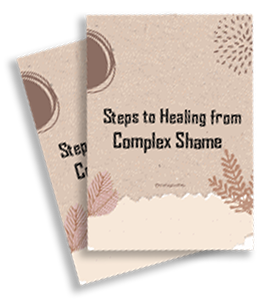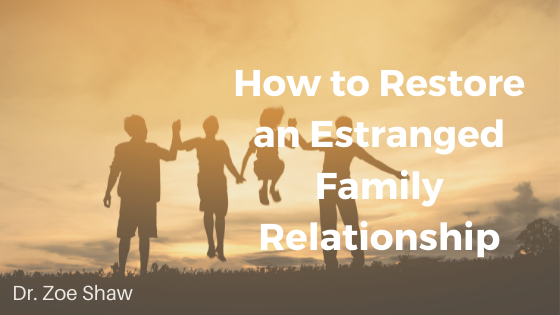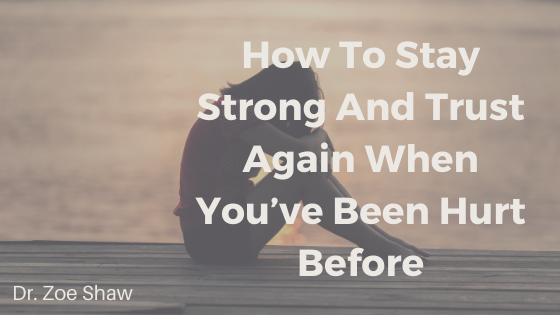
Hi! I’m DR. Zoe
I help women overcome Complex Shame™ and co-dependency so they can experience healthy love
and freedom.
READ MORE
A friend confided in me today that her 17 year old daughter is pregnant. My heart aches for her and her daughter. I remember being 15 and pregnant and how scary that time was for me in my life and how it shaped me into who I am today.
I can only imagine what it must have been like for my mom. Now, I am experiencing it a little via my friend. My friend’s daughter is keeping the baby and will grow up way too quickly. My friend told me that she locked herself in her bedroom and cried, feeling guilty and responsible- not only that her daughter was pregnant, but also that she had another child to raise.
She shared that another friend told her, “you know, you are not 100% responsible for all the choices your daughter makes, nor are you 100% responsible for taking care of the consequences either.”
She is totally right, but it got me thinking, at what point are we responsible for our children’s/ husband’s/ friend’s/ parent’s/ sibling’s life, behavior, feelings or happiness? At what point does caring cross the line and become enabling?
I have written before about how important is is to let your children fail and the reality is that is true for everyone in our lives, not just our children.
Researchers know that women generally feel more guilty than men about pretty much everything. Women even feel guilty for feeling guilty! And even worse, we tend to feel more guilty as we get older (Read the article here by PsyArticles.com!).
I wish I knew why. Maybe just more life experiences to mull over.
Quit feeling guilty and responsible!
So, we know this guilt thing is built into our DNA. And if we are feeling guilty, it’s not a big jump to understand that we are also feeling responsible. No one wants to feel guilty, so in order to assuage our guilt for anything negative, we amp up our level of responsibility. If we can take care of it, we don’t have to feel guilty. If we can somehow control it all, we can mitigate our guilt over feeling responsible.
I’m here today to tell you to quit trying to save everyone and quit feeling so responsible!
Yes, of course we have responsibility for our family, but there is a threshold, beyond which we are hurting everyone. We have a responsibility to:
- nurture, provide, teach and discipline our children to the best of our ability.
- our friends and our families to be reciprocal in our relationships- to be good friends, daughters, family members.
We can never be responsible for anyone else’s actions. That is where we cross the line.
Differentiate between good helping and bad helping.
I think it’s important to differentiate between good helping and bad helping.
We women tend to be caring people. It’s why women are disproportionately represented in caring type professions- nurses, therapists, childcare workers. This is a gift we have and should
be appreciated as such.
But when is enough enough? Why should you quit?
Because you’re not recognizing how much it is hurting you and those around you. What exactly
is the expense for all this responsibility we carry?
1. We get less of the behavior we want- not more. When we take over responsibility for others we actually train them to do less and we train ourselves to not need others in our life.
The lesson is to never do for someone else what they can do for themselves. I have been the victim of this in my marriage, my parenting and my friendships.
The “no, I can do it” mentality eventually makes others go, “okay, go ahead” and then what do we feel? Resentful, anxious and stressed. And it is our own doing.
2. You damage your relationships with your burn out, resentment and anger. When you do too much, your resentment and anger gets turned on the ones you love and all the good you are doing gets negated by your resentment. At it’s best, it’s a wash. At it’s worst, you’re moving backwards.
Set healthy boundaries.
So, How do we set healthy boundaries and say no to people we care about?
Recognize that you are doing more harm than good. Saying no is a learned skill. You have to practice to become good at it.
Practice saying no with a compliment. For example, “You can do that just as well as I can and if you keep doing it- maybe even better!” If they balk, then tell them that you will show them how. Think of the proverb, “If you give a man a fish, he will eat for a day. If you teach a man to fish, he will eat for a lifetime.” Teach your people to fish so that they can take care of themselves and you can enjoy a healthy, interdependent life with them.

Subscribe and Heal your Relationships.
You deserve a healthy, loving relationship and it starts with You. Learn how to untangle
Complex Shame™ and co-dependency to finally have the beautiful, secure relationship with
yourself and others that you’ve always wanted.
Subscribe and as a thank you, I’ll send you the Steps to Healing from Complex
Shame™.













